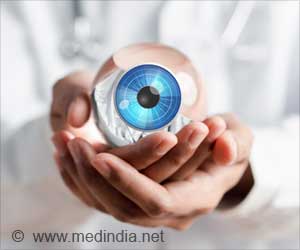Reports say that French health watchdogs, in a precautionary move, recommended reducing exposure to mobile phones and other portable wireless devices.
The guidelines are an interim step pending the outcome of wider research into any impacts from health from radio frequency fields."The time for inaction has passed," Martin Guespereau, director of the French Health and Security Agency (Afsset), said at a press conference.
"Let's not wait until the indications become pathologies before moving forward with limiting exposure," he said.
More than 1,000 studies were reviewed by Afsset, focusing on mobile phones, Wifi emitters, microwave ovens, cordless home phones and other gadgets that use frequencies of between 9 kilohertz (kHz) and 300 gigahertz (gHz).
Most of the studies did not show any negative impacts.
Some research, however, did point to possible health problems, including cell damage, reduced male fertility and a lower blood flow to the brain.
Advertisement
"We cannot endorse the idea 'nothing has been proved, so nothing needs to be done'," said Guespereau.
Advertisement
"If environmental exposure can be reduced, it should be," the agency said in a statement. It referred to a principle it called ALARA, "As Low As Reasonably Achievable."
Exposure to children should in particular be limited, Afsset said.
Other recommendations included the use of "hands-free" kits for cellphones and switching off machines such as modems and Wifi emitters when possible.
Consumers can also choose devices that have a low "specific absorption rate," which measures the level of radio-frequency emitted, and use gadgets that monitor radiation intensity.
For cellphone networks, Afsset suggested France's three competing telecoms giants share local transmitters to reduce the tally of relay stations.
An interim European Union study released earlier this year concluded that cellphone use is unlikely to cause cancer, but said that the effects of long term use and on children were unknown.
A comprehensive review of the potential health consequences of mobile phone use, known as the Interphone Study, overseen by the International Agency for Research on Cancer (IARC) is set to be released before the end of the year, a spokesperson said Thursday.
Source-AFP
ARU








